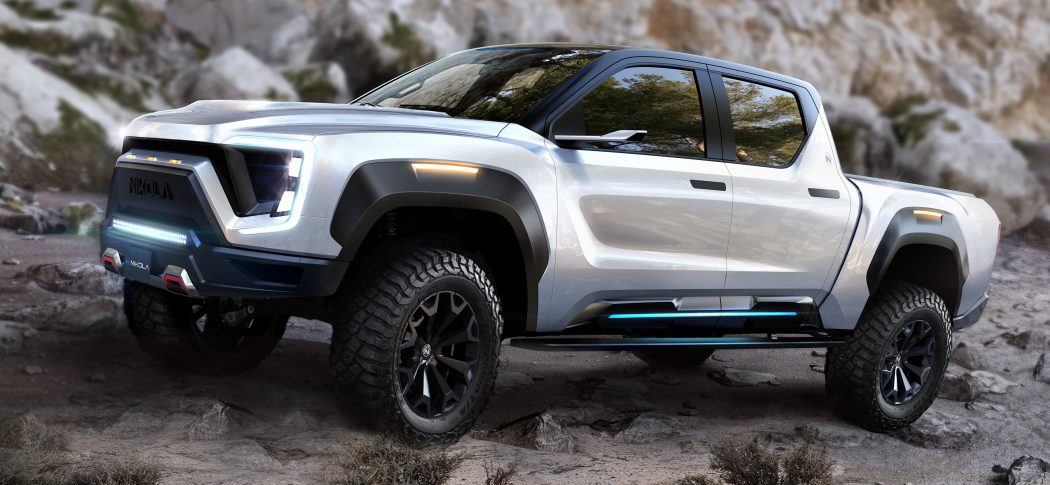The success and longevity of EV vehicles lies in the technological competency of carmakers. Throwing baffling pledges and commitments on low emission and battery efficiency, EV players constantly update their models to tightly grasp car enthusiasts and investors with excitement, giving them hope of finding the next Tesla as their investment target to achieve alphas.
Nikola Corp, a hotshot after its successful reverse merger in a SPAC and partnership with General Motors, is well rumored to be the new Tesla. However, recent fraud allegations released through Hindenburg Research, has clouded the company’s potential and halted investor’s euphoria. Market Efficiency soon kicked in, ensuing a pessimistic plunge that led the stocks into the bear valley. The chairman and founder of Nikola, Trevor Milton, also resigned subsequently, hinting at an undetermined future ahead for the corporation.
Based on the allegations, Nikola has multiple redflags in its product, patents, and leadership. The company was accused of electronically powering its “fully functioning” truck through cables during its Truck One Release Conference, rolling its 2016 semi-truck model down a hill in a highway drive video in 2018, and faking outsourced components, such as powertrain inverters, as in-house parts. A lack of leadership expertise at the firm also raised concerns: The head of Hydrogen Production Travis Milton, ex-chairman’s brother, worked mainly in construction prior to his role, making it hard to imagine a winning hydrogen fuel cell formula under his direction.
Many postulated Nikola to parallel its fate with Theranos, a MedTech company in silicon valley that met its debacle through false-promised products. However, the sentiments were not shared in unison. In fact, JP Morgan, a leading investment bank, raised the firm’s price target from 41 dollar per share to 46, providing a risk-adjusted payoff after considering the change in management positions and multi-stage of potential growth. General Motors also continued to hold talks and look to sustain strategic partnerships, along with the CEO of Nikola itself firmly backing the strength of the organization.
The fundamental strength, synergies, and sustainability of Nikola comes down to judgement of its books, which is masked by a bleak countenance.
“We have an ecosystem of partners that have validated what we’re doing. We believe we’re within three years of producing a fuel-cell truck and one year of producing a battery-powered truck.”
It is no surprise why Nikola needs to boast its attractiveness to its existing and potential partners. Outsourcing and collaborating with other OEMs and Supply Chain Tiers increase the competitive landscape for both parties in the deal. With forged manufacturing power and technological integration, both Nikola and General Motors can introduce competitive models and potentially disrupt leading players in the game. The collaborative power also offers both parties stakeholder value guarantees, and most importantly, regulatory safe passes.
However, the vision is easier said than done. The fundamental strength, synergies, and sustainability of Nikola comes down to judgement of its books, which is masked by a bleak countenance. Based on its 10-Qs, quarterly released SEC documents, the company has not improved its revenue since its SPAC transition, generating little interest income but incurring large sums of R&D and SG&A expense, leading to larger losses than its pro forma estimation. Without much sales, it is also hard to see improvements on marginal costs and production, working capital management, and CAPEX turnovers in the first place. As these metrics are deterministic about an automotive organization’s performance, it is hard to imagine Nikola as the next Tesla given the current landscape.
Despite making a claim on Nikola’s future is still premature, however, the lack of transparency in the company’s value chain poses the most important tip to EV enthusiasts: valuing a promise is different from valuing a realization of the promise. The future of EV space is full of potential, but the intelligent investors will have to perform their fair share of due diligence and fundamental analysis on the target’s business models and long term objectives.







